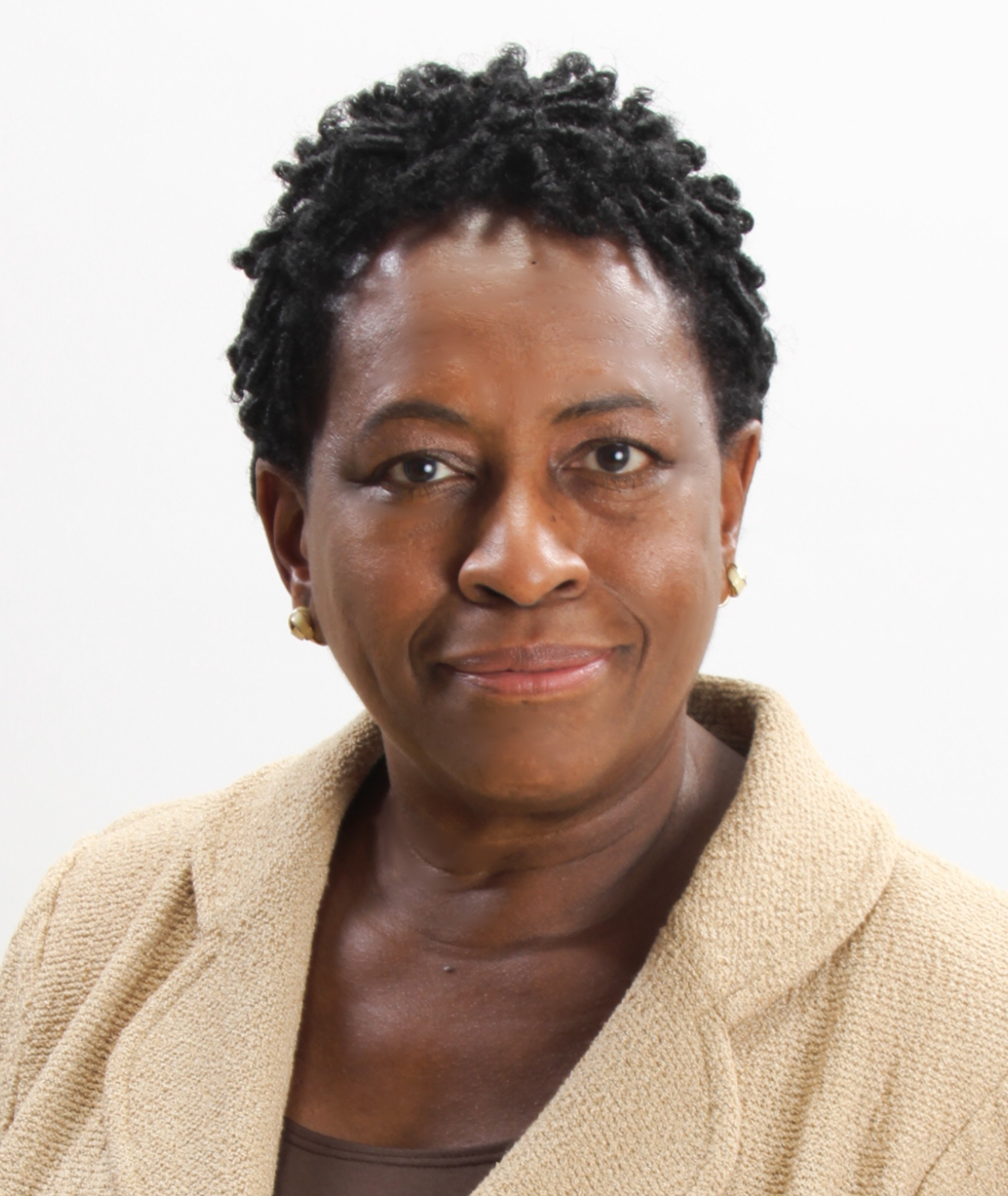Finally, a Black woman on the Supreme Court?
In the 246-year history of the United States, a Black woman has never served on the U.S. Supreme Court. With President Joe Biden’s nomination of Judge Ketanji Brown Jackson, that should soon change. A U.S. Senate vote on her nomination is expected next month.
From an early age, Jackson was advised as a Black woman to lower her expectations. As the White House states, “When Judge Jackson told her high school guidance counselor she wanted to attend Harvard, the guidance counselor warned that Judge Jackson should not set her ‘sights so high.’” She went on to graduate magna cum laude from Harvard University and cum laude from Harvard Law School, where she was an editor of the Harvard Law Review.
Biden’s earlier announcement that a Black woman would fill the Supreme Court seat generated howls of protests from conservatives — similarly telling every Black woman who is qualified to fill the seat not to set their sights so high. Republican presidents had previously promised to appoint women to the court, and appointed white women without controversy. Former President Donald Trump pledged to nominate a woman after the death of Justice Ruth Bader Ginsburg in 2020; Ronald Reagan promised in 1980 to nominate the first woman to the court.
Yet the promise to appoint a Black woman brought howls. U.S. Sen. Ted Cruz, Republican of Texas, called Biden’s announcement “an insult to Black women,” adding, “Black women are, what, 6 percent of the U.S. population? He’s saying to 94 percent of Americans, ‘I don’t give a damn about you. You are ineligible.’”
U.S. Sen. Roger Wicker, Republican of Mississippi, said that as a result of Biden’s pledge, the first Black woman on the Supreme Court would be a beneficiary of affirmative action.
If Jackson becomes the first Black woman to serve on the Supreme Court, we should celebrate that long-overdue milestone and her extraordinary credentials. But we should not fall victim to the idea that she is the exception, a rare talent who had the unique credentials to break the glass ceiling. The list of potential nominees previously released by the White House showed that there are numerous Black women qualified to serve on the court.
As we prepare to celebrate this milestone, we should also commit to three more actions. First, we should increase the number of federal judges who are Black women. According to the Pew Research Center, “Only 70 of the 3,843 people who have ever served as federal judges in the United States — fewer than 2% — have been Black women.” That under-representation on the federal bench restricts the talent pool for future justices with attractive legal credentials.
Second, we should address the role that structural racism continues to play in the segregation of public schools and the insufficient funding of schools in neighborhoods educating most Black students. The result is that millions of Black girls — including those with the potential to serve on the Supreme Court — are deprived of their rightful opportunities to succeed, and our nation is deprived of the added wisdom they can bring from their life experiences to the role of Supreme Court justice.
Third, we should never forget the exciting and inspiring impact that having a Black woman on the Supreme Court can have on Black girls — and Black women of all ages. As a civil rights leader for more than 20 years and a Black woman, I can attest to how exciting and inspiring it is to see Black women take on new historic roles — Michelle Obama as first lady and Kamala Harris as vice president, to mention just two. The prospect of a Black woman on the Supreme Court is similarly invigorating — even after 246 years.
Yet I can’t help but think about the countless Black women and girls who have been told — and continue to be told — not to set their sights so high.
Elaine Gross is president of ERASE Racism, the Long Island-based civil rights organization.

 47.0°,
Mostly Cloudy
47.0°,
Mostly Cloudy 




